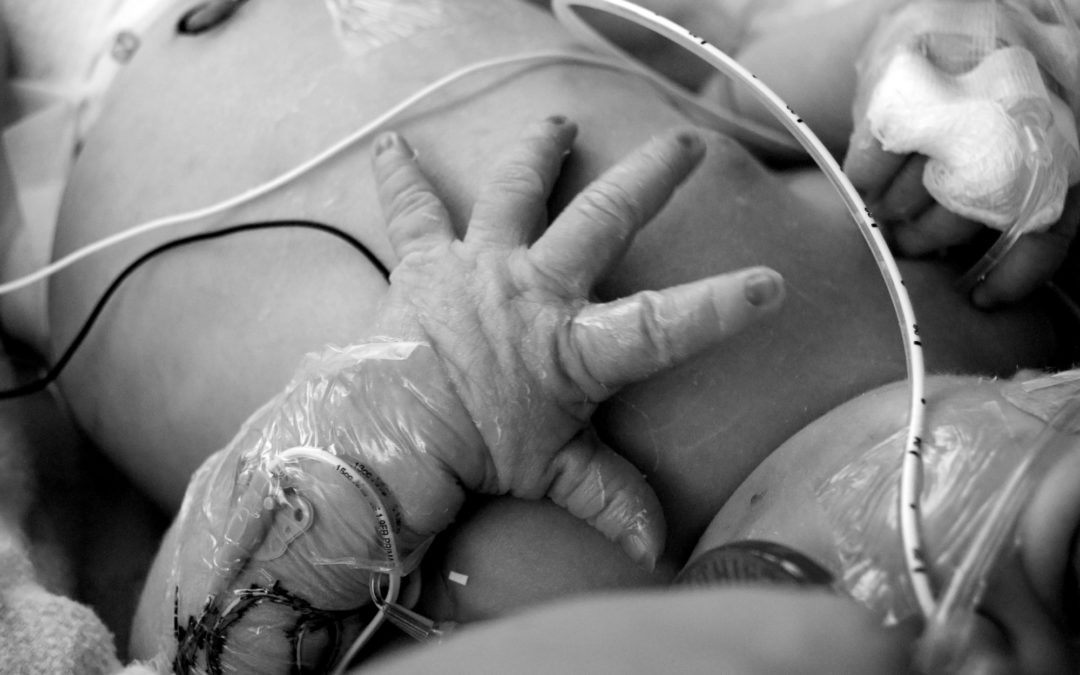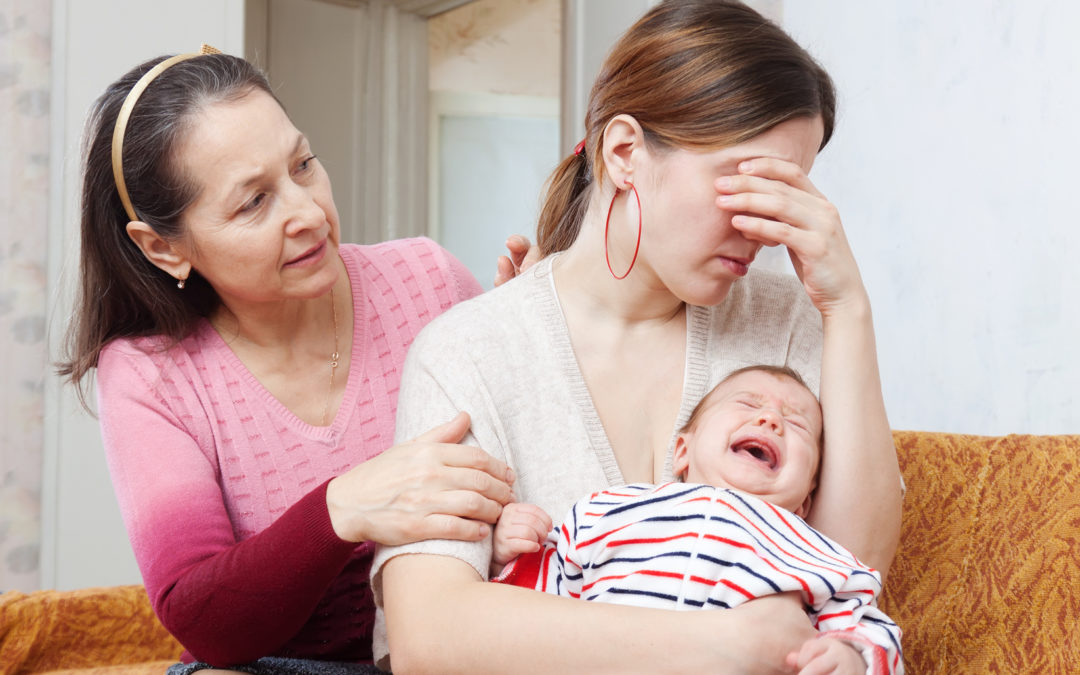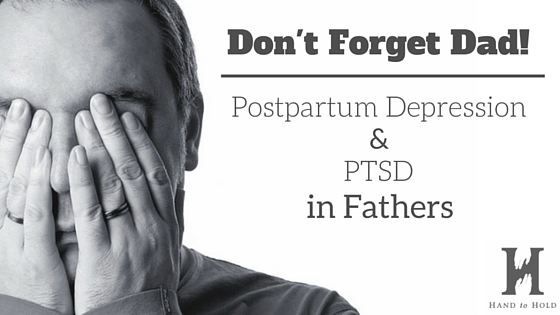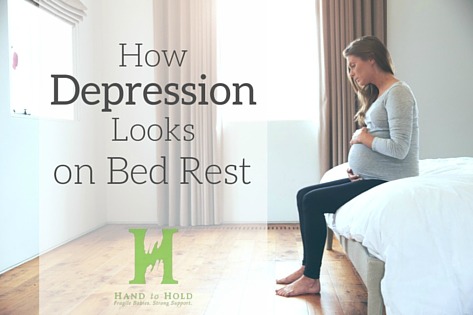
by Hand to Hold Staff | Oct 3, 2016 | Medical Info & Resources, Mental Health, Professional Insight
Nightmares. Jitteriness. Feeling jumpy. Heart palpitations. Avoiding places that remind you of “that awful time.” What does that sound like? Without any context, to most, that list sounds like symptoms of post-traumatic stress disorder (PTSD). PTSD is something many...

by Hand to Hold Staff | Sep 29, 2016 | Life after the NICU, Medical Info & Resources, Professional Insight
A similar version of this post was originally published in March of 2014. I’ve always been career driven, knowing since I was a child that I would someday be a television news anchor. Yet people often told me, “Your priorities will change once you have kids.” I didn’t...

by Hand to Hold Staff | Aug 18, 2016 | Medical Info & Resources, Mental Health, Professional Insight
The following post is the third installment of a three-part series on PPD and PTSD in NICU parents. Visit part 1, Postpartum Depression and PTSD in Fathers, and part 2, Postpartum Depression After a Complicated Delivery. A Traumatic Delivery It might surprise you to...

by Hand to Hold Staff | Jul 21, 2016 | Medical Info & Resources, Mental Health, Professional Insight
The following post is the second part of a three-part series on PPD and PTSD in NICU parents. Visit part 1 of the series: Postpartum Depression and PTSD in Fathers, and stay tuned for Part 3 in August! We have heard more and more in the news about how common...

by Hand to Hold Staff | Jun 20, 2016 | Fatherhood, Medical Info & Resources, Mental Health, Professional Insight
This post is the first installment in a three-part series on PPD and PTSD in NICU parents. Visit part 2 of the series: Postpartum Depression after a Complicated Delivery, and part 3: Postpartum PTSD: How to Manage a Traumatic Birth Experience. We spend a lot of time...

by Hand to Hold Staff | May 9, 2016 | Medical Info & Resources, Pregnancy & Bedrest, Professional Insight
Over 50% of women on bed rest show signs of depression, research shows. Lack of physical activity, identity loss, lack of control and social isolation are some of the reasons why women struggle with low mood. Added on to all of these risk factors is the biggest risk...







